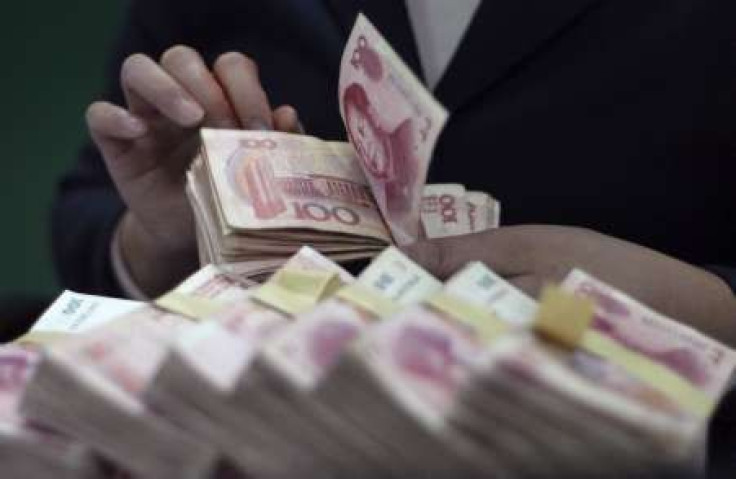Chinese banks raise lending rates by 10-45 pct as new loans surge

Some Chinese banks have increased interest rates on loans by 10-45 percent, alarmed by a surge in credit growth in January, a media report said on Wednesday.
New loans by state-owned banks in China totaled 1.2 trillion yuan ($182.3 billion) by January 24, more than double the amount lent in December 2010, the China Business News reported.
New loans in January accounted for 15 percent of the new lending by the Chinese banks last year. In 2010, new lending totaled 7.95 trillion yuan surpassing the government’ full year target of 7.5 trillion yuan.
To contain the credit growth, the Chinese government allowed the banks to lend between 7.2 trillion yuan and 7.5 trillion this year.
January’s surge in lending reflected that the banks are defying government measures to contain the excess liquidity into the economy, the report said. Surge in lending has been held responsible for the rising inflation and shooting up property prices in the country.
The People’s Bank of China (PBOC) increased reserve rates for banks seven times in the past 12 months and hiked interest rates twice since October.
The bank head offices in China have instructed their branches to increase lending rate by 10-45 percent, in a move to restrict the amount of new loans does not exceed the quota this year, China Securities Journal reported citing unnamed official at a large bank.
© Copyright IBTimes 2024. All rights reserved.











